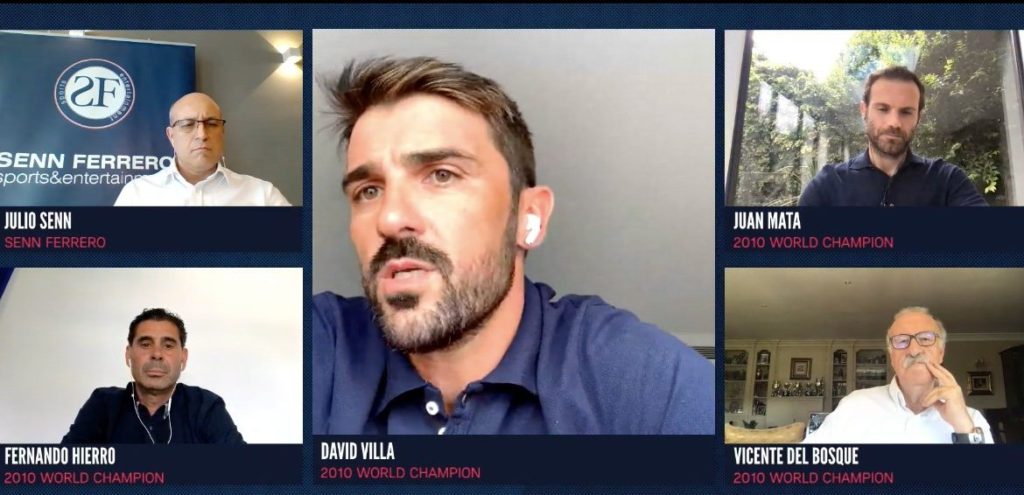This week I’ve been attending World Football Summit‘s second WFS Live event. Day 3 included a panel discussion on “How football clubs secure partnerships outside their local geographies”.
As a translator, this session was of particular interest to me, since translators play such a vital role in helping football clubs and leagues to reach new markets.

Matthieu Fenaert of Real Valladolid explained that, in the current economic climate, it was important to consolidate existing partnerships, rather than building new ones. Asked how international sponsors could be retained in these difficult times, he said that clubs needed partners, not sponsors, a view echoed by the other panellists.
On the topic of foreign investors, he said that they had to respect the history of their new club, noting the uproar among Cardiff City fans when Vincent Tan changed the club’s colours from blue to red – a decision eventually reversed due to fan pressure.
Marc Armstrong of Paris Saint-German said that clubs had had to adapt their sales methods due to travel restrictions. He said that, while on the one hand there was no replacement for face-to-face travel, perhaps it would not be necessary to travel so much in future.
He also spoke about the club’s shift from national sponsors to global partners. When I lived in Paris and attended games at the Parc des Princes, nearly all PSG’s sponsors were French brands, many of which operated solely in France. Fast forward 20 years, and the club’s partners are much more global, a deliberate strategy by the club.
Marc added that the club had created a lifestyle brand to stand out from other clubs. Other strategies had included establishing innovative partnerships, such as with Finnish mobile game development company Supercell, and putting key players in contact with the leading influencers in key markets. Creativity, flexibility and intelligence, said Marc, were necessary to find opportunities.
Casper Stylsvig talked about some of the innovations that AC Milan had introduced, reaching out to fans through music and entertainment. He noted that many big brands sponsored both music and sport. Since people today consume sports differently, clubs needed to change their narrative. By way of example, Casper Stylsvig referred to the virtual concert the club had organized the previous Friday, in collaboration with Roc Nation. Such events should be connected to the club’s image: last week’s concert featured many upcoming stars from the world of music, in keeping with a club that had one of the youngest teams in Europe.
I was particularly interested in hearing the thoughts of Andrew Hampel, since, like me, he provides clubs with skills and expertise that they do not have in house. For instance, moving to a new stadium is a once-in-a-lifetime event for most football clubs, but Legends International has already worked with several football clubs that have built a new ground. Like the other speakers, Andrew Hampel stressed the importance of partnership, rather than sponsorship, and said that, to engage in a sophisticated way, clubs needed to understand their partners’ businesses – which is where companies like Legends International come in to provide the necessary expertise.
Despite the current economic climate, football clubs – especially the heavyweight clubs – are looking to go ever more global. Although there is currently a major focus on new markets in the Asia Pacific region, which will require language consultants who work with major Asian languages like Chinese, Japanese, Korean and Thai, the English language is still going to be a vital part of club’s communication strategies, perhaps even more so than the local language in some cases.



